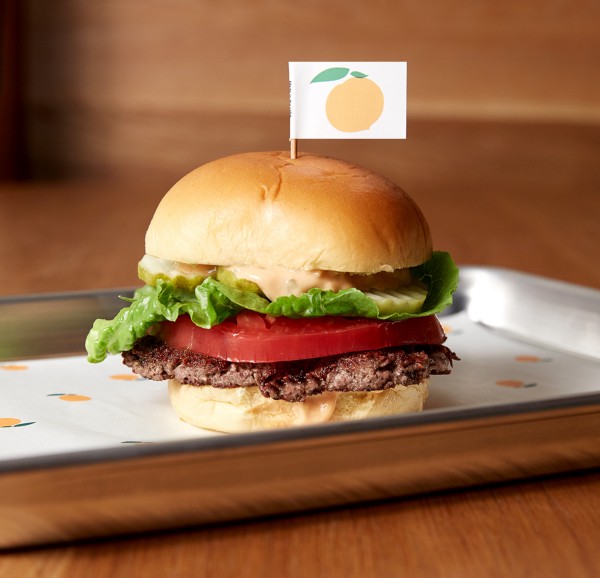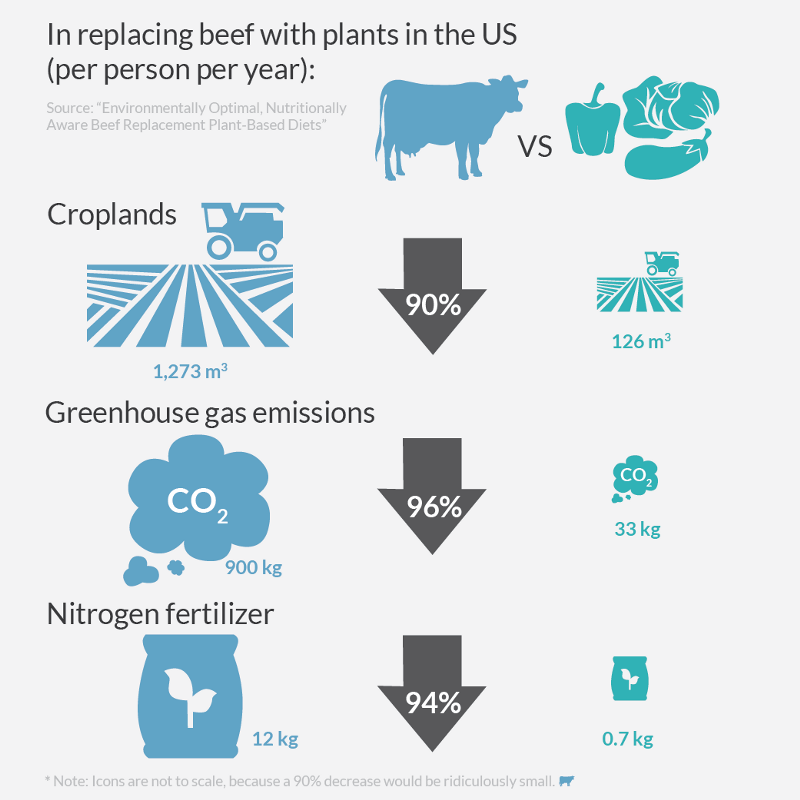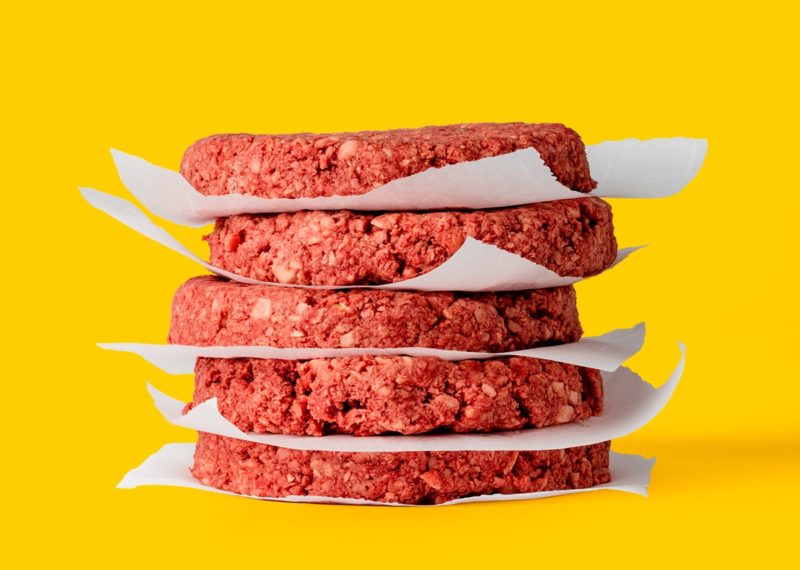Silicon Valley startup Impossible Foods has found a home for its “bleeding” veggie burger. David Chang’s New York eatery Momofuku Nishi is now serving the plant-based patty, which is made from wheat protein, coconut oil, potato protein and heme — the indispensable molecule that makes meat taste like meat.

The Impossible Burger is made to look, smell, taste and feel like a beef patty. It seems to have worked. Early adopters allege scrumptiousness. Linette Lopez of Business Insider writes, “If [David Chang] had told me that it was meat made from the wisest, noblest seal in the Arctic, I would’ve paused — but more importantly I would’ve kept eating.”
Beyond its culinary appeal, the Impossible Burger holds hope for the planet. Beef is huge source of pollution. Cows belch, fart and poop heat-trapping methane and nitrous oxide, two extremely potent greenhouse gasses. Globally, they expel more greenhouse gasses than every country except China and the United States.
Beef incurs a carbon cost at every stage of production. Emissions seep from nitrogen fertilizers used to produce cow feed and from forests razed to clear land for grazing. Calorie for calorie, beef incurs a far larger environmental cost than most fruits, vegetables and grains. Replace your beef patty with an all-plant alternative, and you can cut the carbon footprint of your burger by more than 90 percent.

This is what makes the Impossible Burger so exciting. No one wants to worsen climate change, but Americans love their beef. A tasty, juicy plant-based burger could be a game changer.
Jeremy Deaton writes for Nexus Media, a syndicated newswire covering climate, energy, politics, art and culture. You can follow him at @deaton_jeremy.


